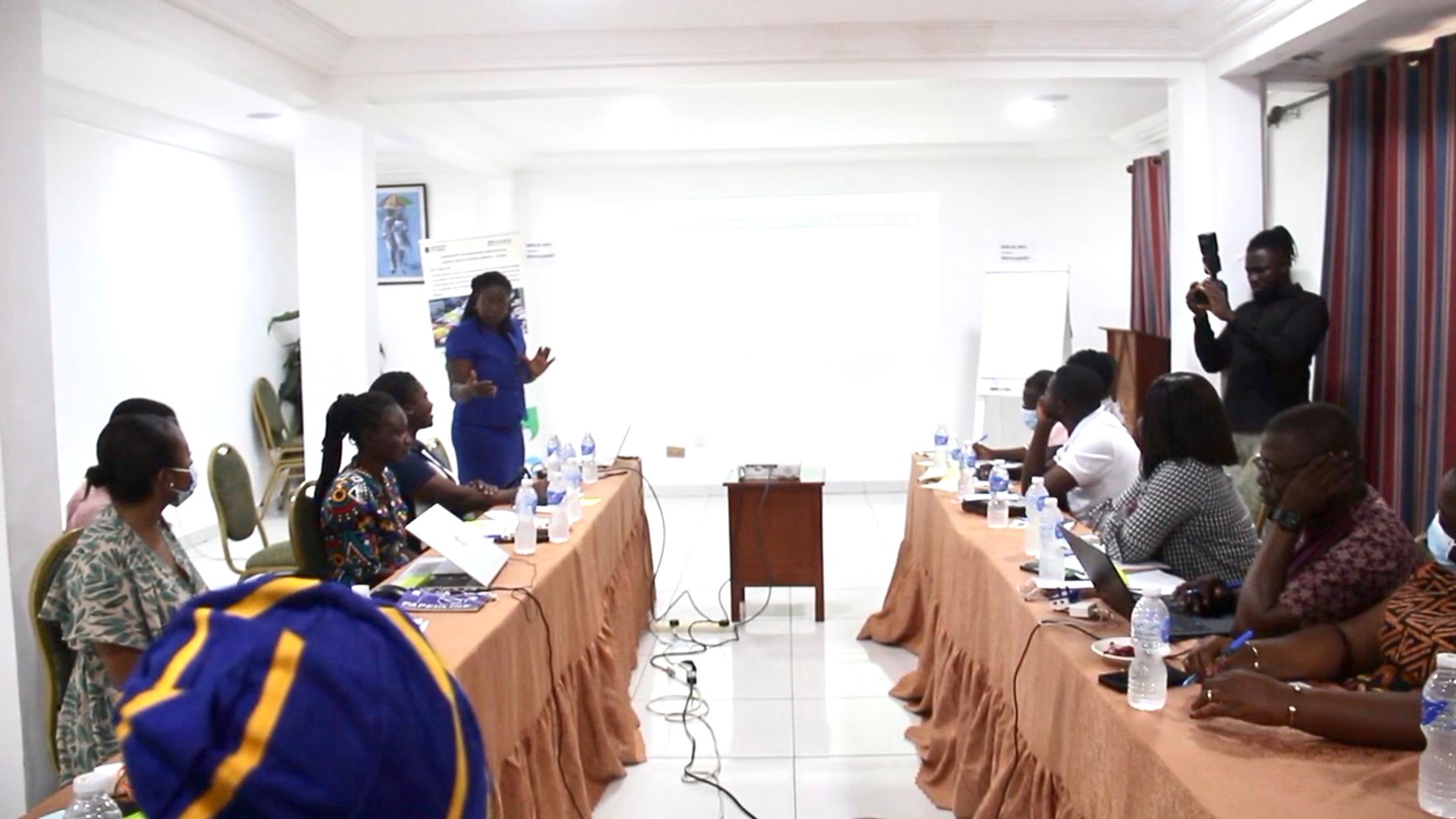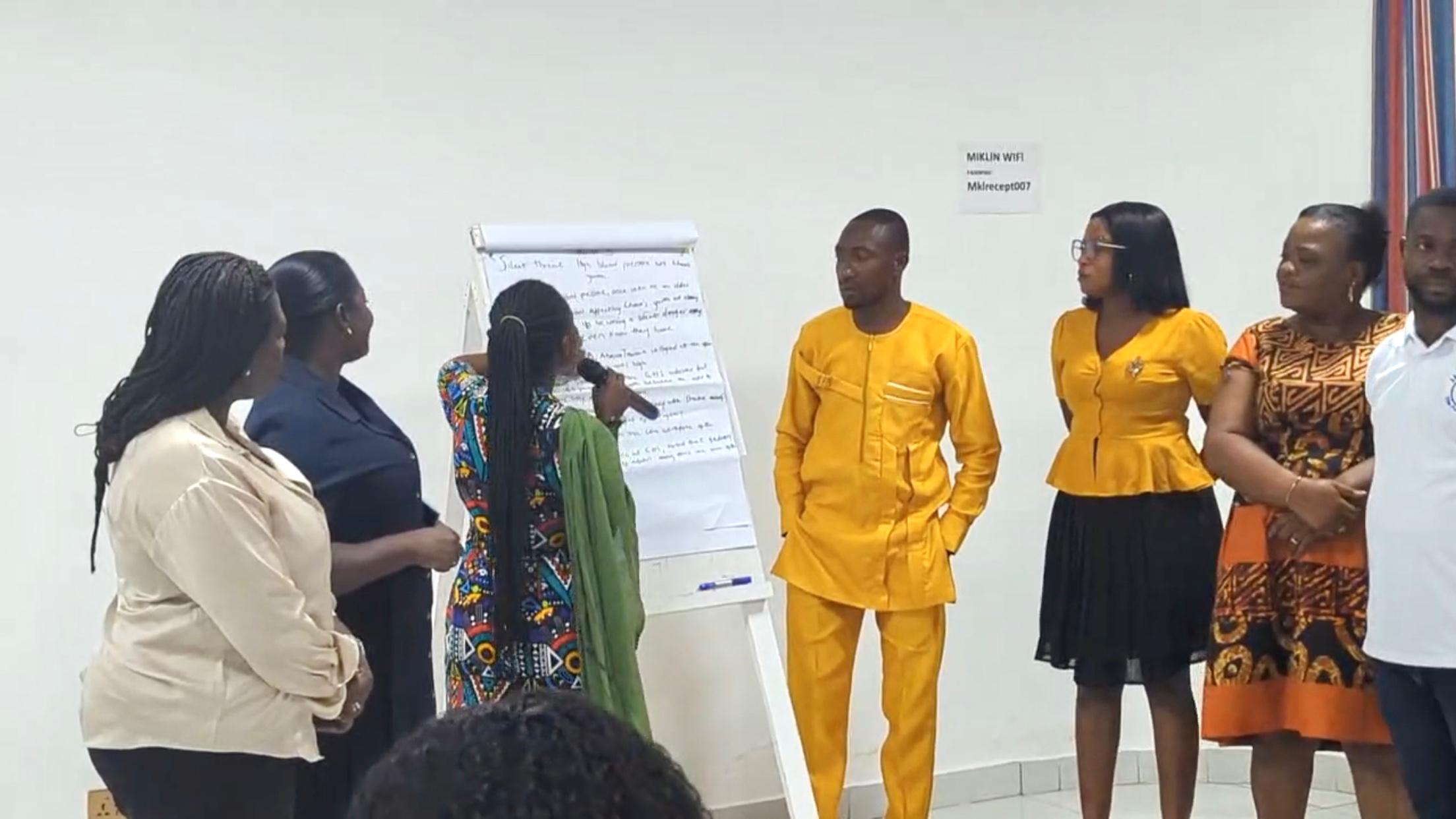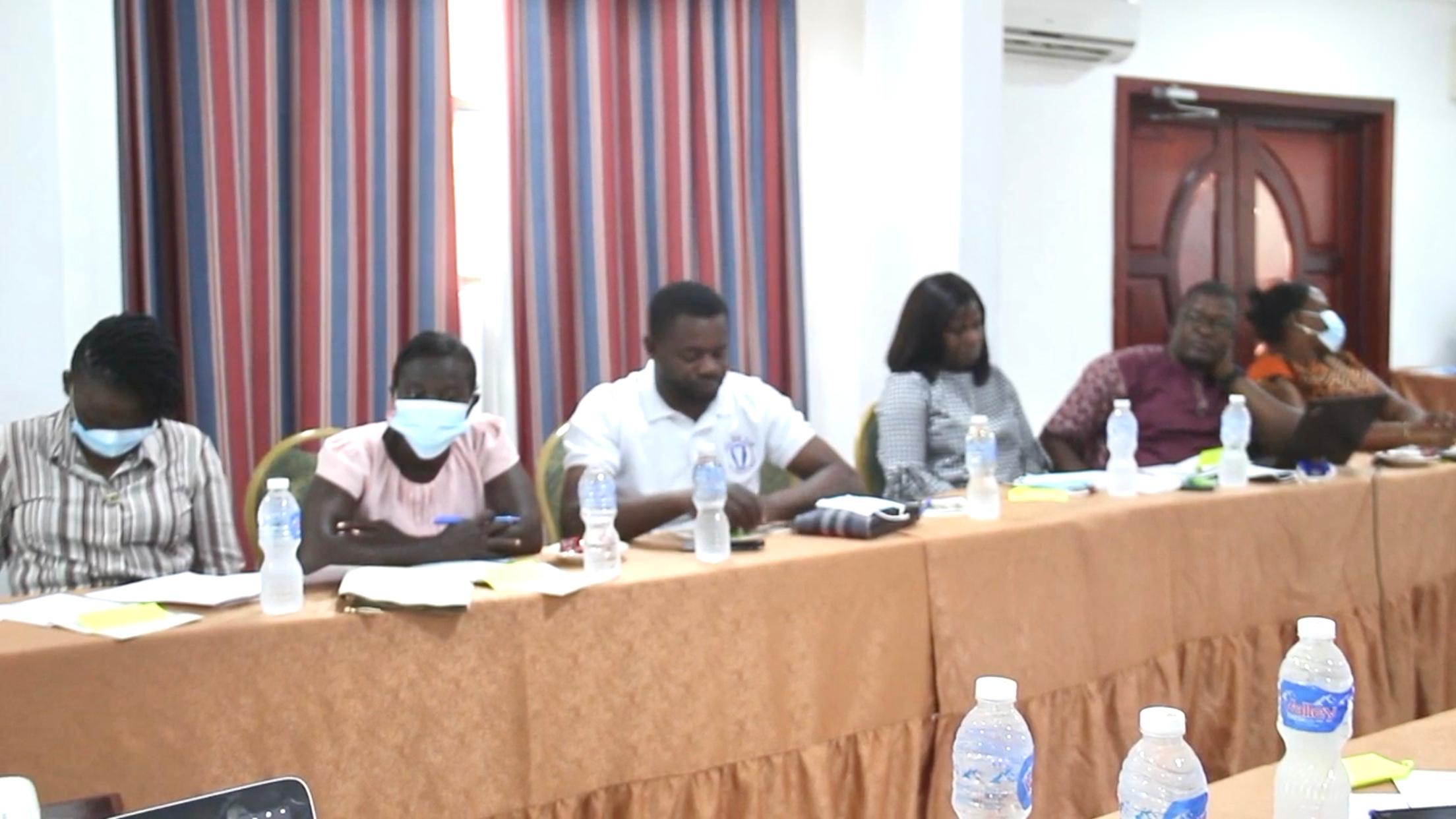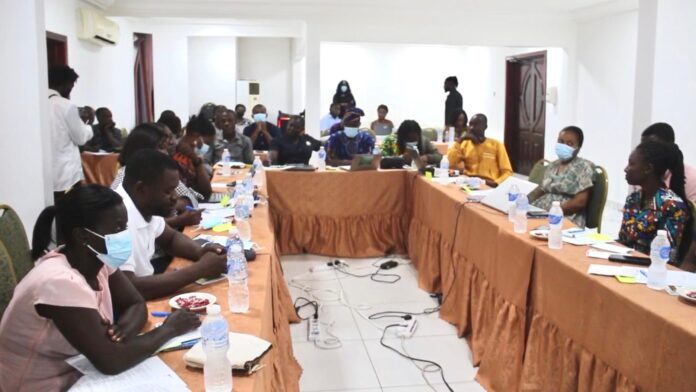In response to Ghana’s growing urban health challenges, over 30 journalists from across the country have participated in an intensive training programme focused on science-based reporting.
The initiative aimed to equip participants with the skills necessary to tell compelling stories that promote healthier cities.
The two-day capacity-building workshop, held in Accra, was organised by the Community-led Responsive and Effective Urban Health Systems (CHORUS) project in collaboration with Women, Media, and Change (WOMEC).
The event brought together journalists, researchers, communication experts, and public health professionals to enhance the media’s role in bridging the gap between scientific research and public understanding—especially in underserved urban communities.
Ms. Delali Kumapley, Head of the Capacity Strengthening Support Office at CHORUS, emphasised the media’s vital role in highlighting health disparities in low-income urban neighbourhoods.
CHORUS Ghana’s mission centres on connecting communities, local governments, and healthcare providers to promote health and preventive services throughout all stages of life in disadvantaged urban areas. This vision was at the heart of the workshop.
The training aimed to cultivate a new generation of journalists capable of translating complex research findings into accurate, engaging, and accessible narratives for the public.
Participants were encouraged to go beyond routine press releases and explore academic publications, policy briefs, and field data.

Dr. Charity Binka, Executive Director of WOMEC, described science and health communication as a civic duty, stating, “The media must demystify it, debunk misinformation, and help the public make informed decisions.”
She added that journalists working closely with researchers and public health experts can ensure the public receives reliable, evidence-based information.
Professor Abena Yeboah-Banin from the Department of Communication Studies at the University of Ghana led a practical session on using data in storytelling. She guided journalists on how to interpret complex research findings and transform them into compelling news reports.
“When journalists tell stories rooted in research and the lived experiences of communities, they become agents of accountability and change,” she said, encouraging the use of data journalism and investigative tools to expose systemic health inequalities.

The CHORUS Project also showcased several innovative initiatives aimed at addressing urgent urban health issues. Among them was a rapid ethnographic case study examining how local governments in the Greater Accra Region allocate resources for Primary Health Care (PHC), and how context, stakeholder power, and institutional capacity influence those decisions.

The project also highlighted evidence-based communication efforts tailored for slum dwellers, including the development of communication toolkits specifically designed to address the health information needs of slum residents—grounded in research and community engagement.
Participants expressed renewed interest in science-based journalism, particularly on issues affecting slums and peri-urban communities.
They pledged to focus on critical topics such as sanitation, maternal and child health, environmental hazards, housing conditions, and access to healthcare.
Source: Obrempongba K. Owusu
READ ALSO:



